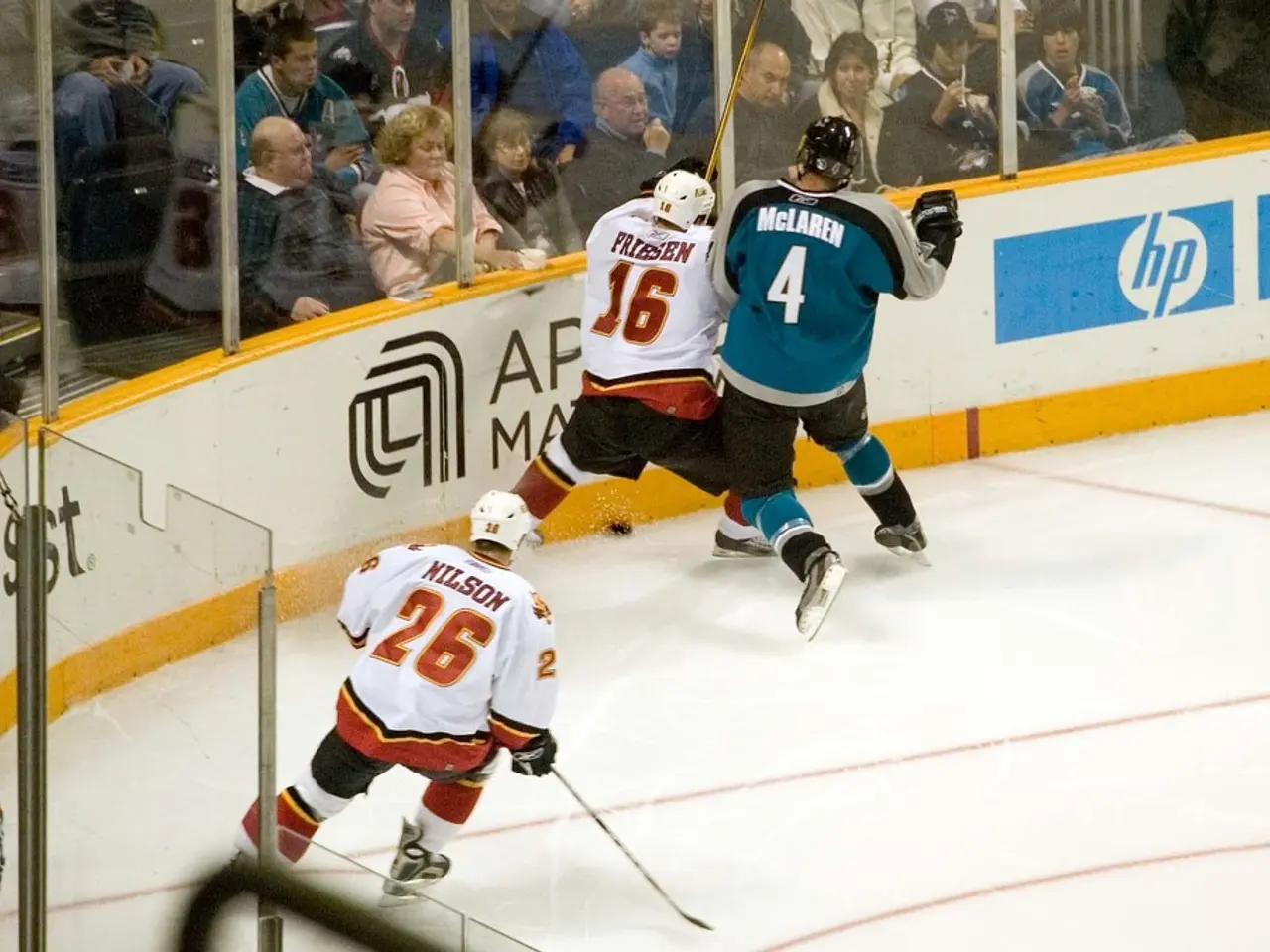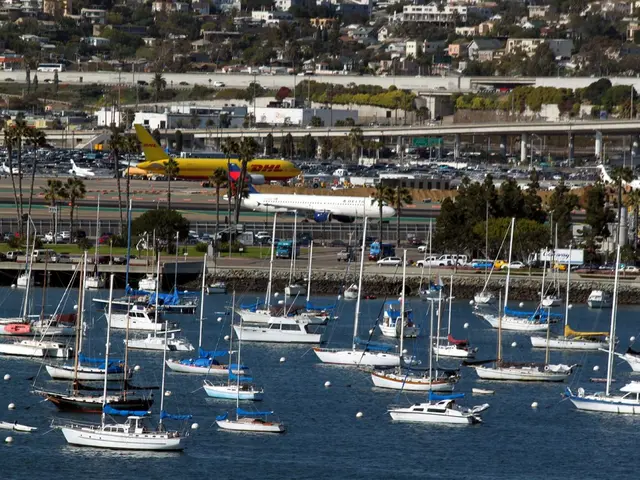French legislators, including senators, and the ANJ express doubts over the monopoly of FDJ United following its deal with Kindred, a major online gambling company.
In the heart of France's gambling landscape, a significant debate is unfolding. The French operator FDJ United, traditionally holding a near-monopoly in the lottery and gambling market, is under scrutiny following its acquisition of the major European online gambling operator, Kindred Group [3].
This move has raised concerns among French regulators, who fear the potential market dominance and the risk of excessive gambling. The French National Gaming Authority (Autorité Nationale des Jeux, ANJ) is at the forefront of this scrutiny, responsible for overseeing gambling regulation in France [3].
FDJ United's expansion through acquiring Kindred could potentially limit competition and consumer choices, raising questions about its privileged position in the industry. Senators and the ANJ have expressed doubts about whether this deal still serves the public interest, with concerns about the advantages granted during FDJ United's privatization and their impact on effective regulation and rival operators [3].
To combat issues like excessive gambling, the ANJ enforces strict controls on operators. These measures include:
- Enforcing responsible gambling measures: Spending limits, self-exclusion options, and clear information on risks are implemented to protect players.
- Monitoring marketing and advertising practices: Advertisements are reviewed to ensure they do not encourage excessive or irresponsible gambling.
- Controlling the types of games offered: Games are limited to prevent features that promote addictive behavior.
- Supervising data and player behavior: Early signs of problem gambling are detected, and interventions are made accordingly.
- Regulating market access: Monopolistic practices are prevented, and a competitive balance is maintained, benefiting player protections [2][3].
The ANJ has rejected FDJ United's request to increase its promotional spending in 2025, citing concerns about a breach of regulations and potential enforcement procedures [3]. The regulator has warned that the digitization of gaming and FDJ United's plans for dynamic animation and strong innovation require greater vigilance [3].
Critics argue that FDJ United's expansion into online games and marketing power could tip the balance. However, the company argues its track record and fiscal contribution demonstrate that the monopoly still benefits the State [3].
The controversy highlights the tension between FDJ United's commercial ambitions and the public health mission of the regulator. Jean-Baptiste Blanc, a senator, has questioned what kind of regulation is recommended to protect players and ensure that FDJ United's development remains profitable for public finances [3].
Christine Lavarde, another senator, has raised concerns about a single operator being present in both the online and land-based gaming markets, and whether this could compromise the objective of protecting players, especially the most fragile and vulnerable [3].
In response, FDJ United's CEO, Stéphane Pallez, emphasized the company's model focuses on combined growth with risk control [3]. He defended the company's growth, stating that since its privatization in 2019, it has registered a moderate but steady annual growth of around 5%, benefiting all stakeholders, with the main beneficiary being the State through taxes [3].
This debate underscores the importance of balancing commercial growth with public health concerns in the gambling industry. The ANJ's role in regulating the market and protecting players from excessive gambling remains crucial in this context.
Read also:
- A blaze in the Aude region: attendees heeding distressed individuals' accounts
- Consultation on specific matters has been undertaken by the Commission:
- Reducing Urban Heat Island Impacts through Permaculture Techniques
- Introducing Bonk's 'Earn-by-Killing' First-Person Shooter on Solana Network, as its price targets crucial resistance level








